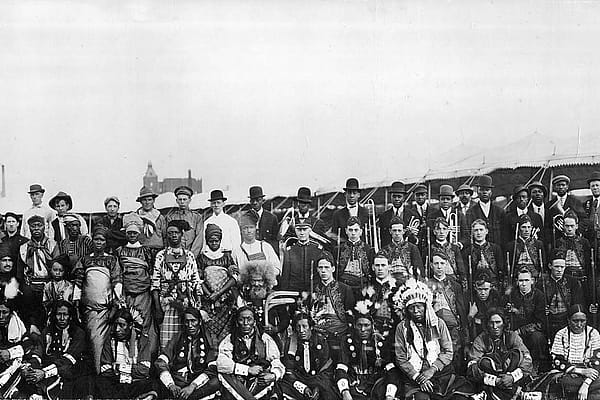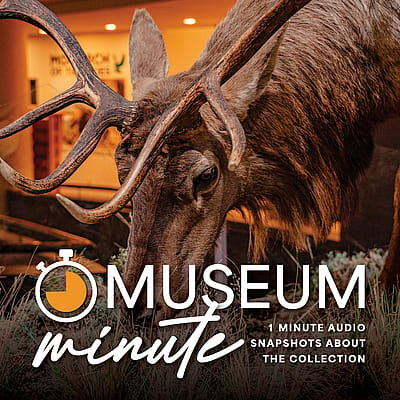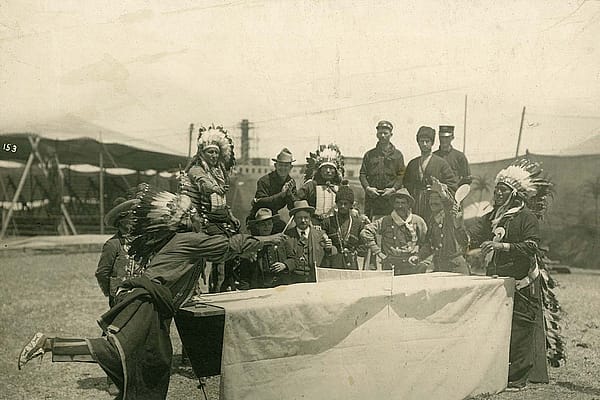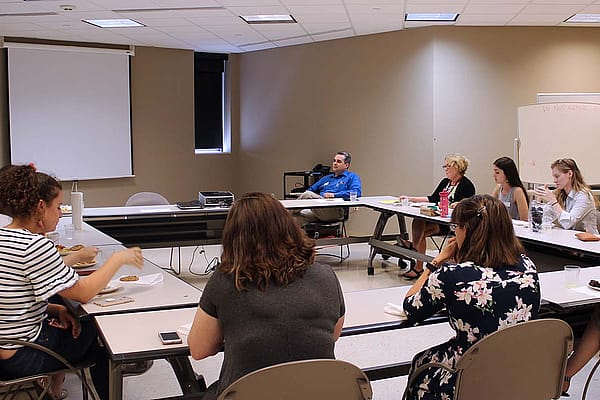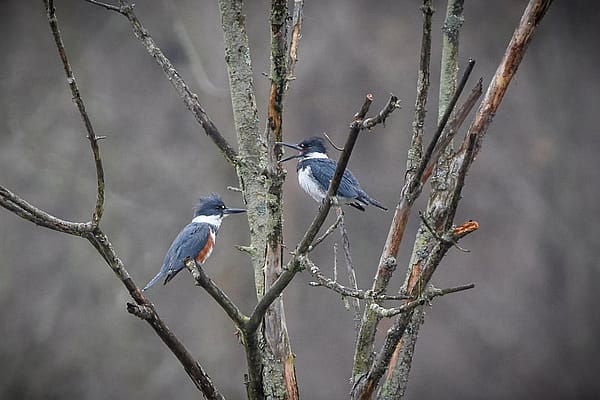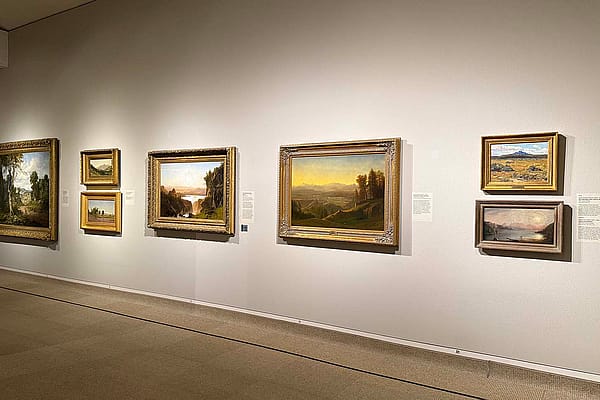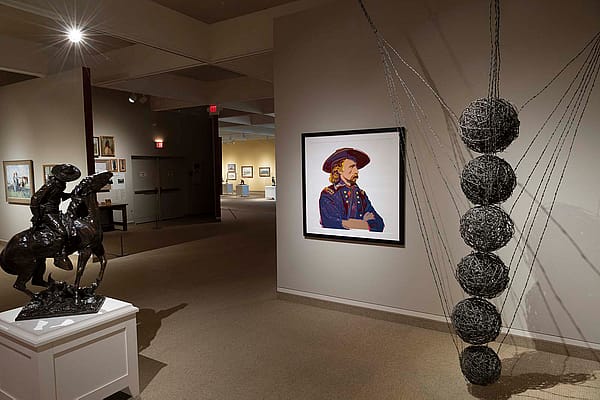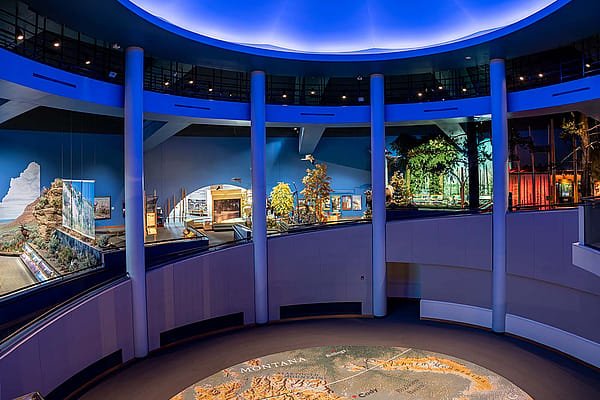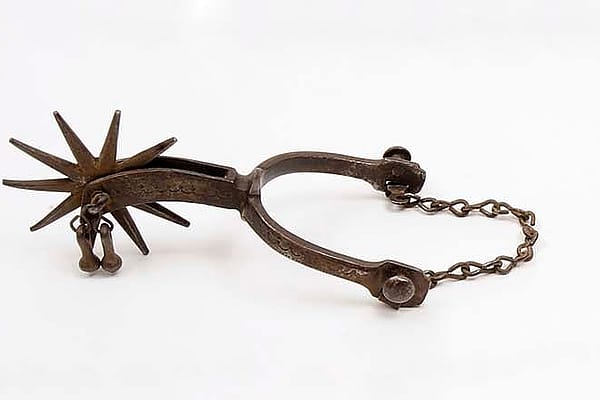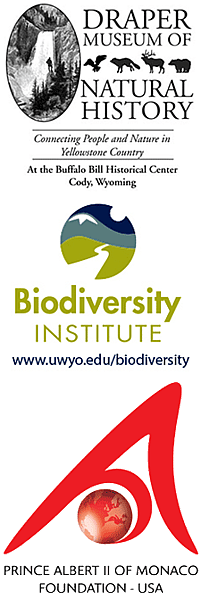
Camp Monaco Prize: Greater Yellowstone biodiversity research
Update, September 19, 2013: Congratulations to Arthur Middleton and Joe Riis for their winning proposal: “Rediscovering the Elk Migrations of the Greater Yellowstone Ecosystem: A Project of Transboundary Science and Outreach.”
Thank you to all who submitted proposals for the Camp Monaco Prize. A note from Dr. Charles R. Preston:
We received fifteen (15) proposals by the April 19 deadline. They were submitted from universities, federal, state, and local agencies, and non-governmental organizations, including several proposals establishing broad, interorganizational partnerships. The topics range from large ungulate and carnivore conservation and management to assessing human perspectives on biodiversity issues, and from regional socioeconomic issues to broad, landscape-level investigations. The international jury will begin reviewing proposals immediately, and expect to notify the winning project team in advance of the public announcement in September.
In celebration of the 100th Anniversary of the visit to Yellowstone by H.S.H. Prince Albert I of Monaco, the Camp Monaco Prize is being awarded as a joint project among the Buffalo Bill Center of the West’s Draper Natural History Museum, University of Wyoming’s Biodiversity Institute, and the Prince Albert II of Monaco Foundation-USA, and in its name remembers the camp used by Prince Albert I of Monaco on his historic trip to Wyoming 1913. All three organizations are dedicated to the conservation of native biodiversity and are creating the Camp Monaco Prize as a collaborative effort to promote this common mission.
Accordingly, the partners of the Camp Monaco Prize hereby announce a call for proposals addressing Greater Yellowstone Biodiversity Research and Public Education. The Greater Yellowstone Ecosystem is world-renowned as a bastion of biodiversity conservation and an arena for exploring the relationships among human demographics, social and economic development, and natural resources conservation. Our objective is to award a $100,000 prize to stimulate scientific exploration and public education that will expand the knowledge and understanding of biological diversity in Greater Yellowstone and foster concrete actions to safeguard biodiversity in conjunction with continued social and economic development. The project will be conducted in the magnificent Greater Yellowstone Ecosystem, and we encourage projects with global implications. We are interested in proposals with a trans-boundary approach, recognizing that effective biodiversity conservation crosses geo-political/ jurisdictional, academic disciplinary, and economic and social boundaries.
Click here for a PDF (printable version) of this announcement
Selection and Decision Authorities
A jury has been created for the Camp Monaco Prize to review the proposals and to select the winning proposal. The jury includes a highly distinguished, international assembly of scientists, scholars, public officials, and public outreach professionals.
The Prize will be awarded at the Buffalo Bill Center of the West’s annual Patrons Ball in September 2013 in the presence of H.S.H. Prince Albert II of Monaco.
Proposal Submission
The deadline for proposal submissions was April 19, 2013.
Purpose
This call for proposals for the Camp Monaco Prize emerges from shared objectives of its core partners, i.e., the Buffalo Bill Center of the West’s Draper Natural History Museum, University of Wyoming’s Biodiversity Institute, and the Prince Albert II of Monaco Foundation-USA. We believe that the most significant advances in biodiversity conservation will spring from the creation and synthesis of information gained through robust, interdisciplinary (i.e., economic and social, as well as ecological) inquiry that addresses the trans-boundary stewardship challenges inherent in the Greater Yellowstone Ecosystem and other coupled human and natural systems around the globe. We also believe that an informed citizenry is more likely to provide important input and support sound stewardship strategies. Therefore, projects that integrate public outreach activities and multiple stakeholder involvement with scientific research activities are strongly encouraged. We also encourage cross-cultural collaborations that reflect multiple ways of knowing and experiencing biological diversity. Toward these ends, we expect aspiring investigators to explore partnership opportunities with appropriate personnel at the Buffalo Bill Historical Center and University of Wyoming. Appropriate personnel may be identified by communicating with the principal contacts, Dr. Charles R. Preston, [email protected], and/or Dr. Carlos Martinez del Rio, [email protected].
Types of Projects Sought
For 2013, the Institute is seeking proposals in one or more of four broad categories:
1. Understanding current patterns of biodiversity and predicting changes related to current and expected social, demographic, economic, and environmental dynamics.
2. Assessing ecological, social, demographic, and economic impacts of biodiversity changes, e.g., restoration/reintroduction of native species and/or invasion of non-native species.
3. Developing trans-boundary conservation strategies for species and their habitats.
4. Synthesizing and disseminating existing information about the above topics to the public.
Additional Information
• The prize amount for 2013 is $100,000; only one prize will be awarded. Projects with matching funds will be viewed favorably.
• The project may involve only one investigator or team or include several partners representing multiple disciplines and stakeholder groups.
• Interdisciplinary projects will be privileged, and participation of non-profit organizations and private partners is possible and encouraged.
• The project could provide funding for graduate and postdoctoral researchers ― funding for senior researchers (e.g., sabbatical replacement, summer salary for researchers on 9-month appointment) should be clearly justified.
• Capital equipment, supplies, and travel related directly to research could be funded; institutional overhead or indirect expenses in excess of 15 percent are not supported.
• Proposals should be no longer than eight double-spaced pages (12 point type) excluding bibliographic citations and ancillary materials (i.e., CVs of principal participants), and should include: a) Project Title; b) Project Personnel and Institutional Setting(s); c) Project Description, identifying how the project meets Institute objectives; d) Methods; e) Anticipated Benefit; f) Timeline; g) Itemized Budget, including any other sources of funding.
Click here for PDF (printable version) of this announcement
Written By
Nancy McClure
Nancy now does Grants & Foundations Relations for the Center of the West's Development Department, but was formerly the Content Producer for the Center's Public Relations Department, where her work included writing and updating website content, publicizing events, copy editing, working with images, and producing the e-newsletter Western Wire. Her current job is seeking and applying for funding from government grants and private foundations. In her spare time, Nancy enjoys photography, reading, flower gardening, and playing the flute.

